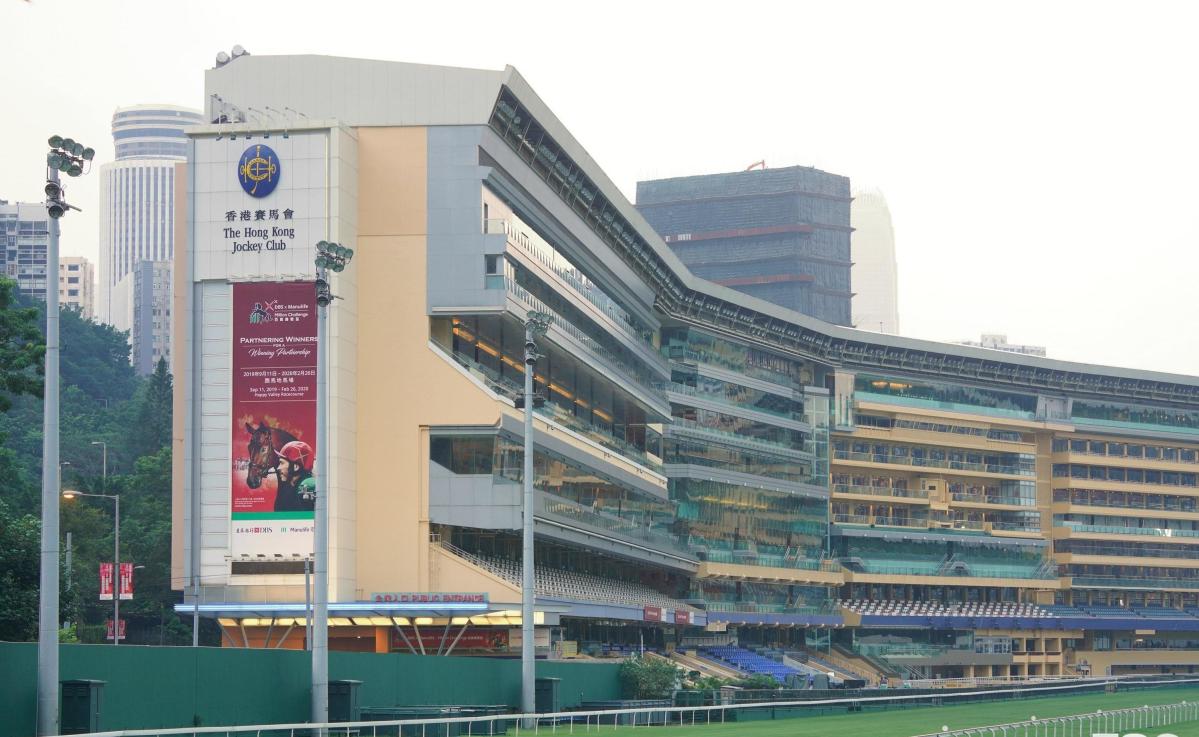Legislative Council Approves Additional Football Betting Tax of HK$12 Billion for Hong Kong Jockey Club
On Wednesday (21st), the Legislative Council passed the “Gaming Duty (Amendment) Bill” for the third reading, with more than half of the members approving the bill. The bill entails the collection of an additional football betting tax of 2.4 billion yuan per year from the Hong Kong Jockey Club for a period of 5 years, totaling 12 billion yuan.
The chairman of the New Democratic Party, Yap Lau Suk-yee, expressed that the government is currently facing a significant fiscal deficit. However, implementing new taxes such as sales tax and carbon emission tax is not feasible. Yap Lau Suk-yee emphasized that the adjustment of the football betting tax will solely impact the Jockey Club and will not cause harm to the public.
Yap Lau Suk-yee further highlighted the substantial increase in the total amount of football betting in recent years. The net profits generated for the Jockey Club are astonishing, surpassing even those of horse racing. In light of this, Zhang Yuren from the Liberal Party proposed that gaming taxes on other sports, such as basketball, should be considered in the future.
The approval of the “Gaming Duty (Amendment) Bill” signifies the government’s efforts to address the fiscal deficit while ensuring minimal impact on the general public. The additional football betting tax will provide a significant source of revenue for the Hong Kong Jockey Club over the next five years.
Originally published on AM730.
How does the approval of the “Gaming Duty (Amendment) Bill” address the government’s fiscal deficit while minimizing impact on the public?
Legislative Council Gives Green Light to HK$12 Billion Football Betting Tax for Hong Kong Jockey Club
Breaking news! The Legislative Council has just approved the “Gaming Duty (Amendment) Bill” on Wednesday (21st), making way for the collection of a whopping HK$12 billion in additional football betting tax from the Hong Kong Jockey Club. This move aims to address the government’s pressing fiscal deficit while ensuring minimal impact on the public.
Yap Lau Suk-yee, the chairman of the New Democratic Party, argues that implementing new taxes like sales tax or carbon emission tax is simply not feasible at the moment. However, the adjustment of the football betting tax is a viable option that will solely affect the Jockey Club without causing harm to the general population.
Interestingly, Yap Lau Suk-yee highlights the staggering increase in football betting activities, surpassing even the profits generated from horse racing. This revelation prompts Zhang Yuren from the Liberal Party to suggest that in the future, gaming taxes on other sports like basketball should also be considered.
The approval of the “Gaming Duty (Amendment) Bill” is a commendable effort by the government to address the fiscal deficit strategically. With the Hong Kong Jockey Club expected to contribute a significant amount of revenue over the next five years, this move bodes well for their financial stability.
Stay tuned for more updates on this exciting development!
Originally published on AM730.



This amendment reflects the government’s commitment to regulating the betting industry and promoting responsible gambling. However, it remains to be seen how the additional football betting tax will impact both the operators and the consumers.
This bill is a step in the right direction towards regulating the gambling industry and ensuring fair contributions. However, it’s important to monitor the impact of the additional football betting tax on consumers and the market.